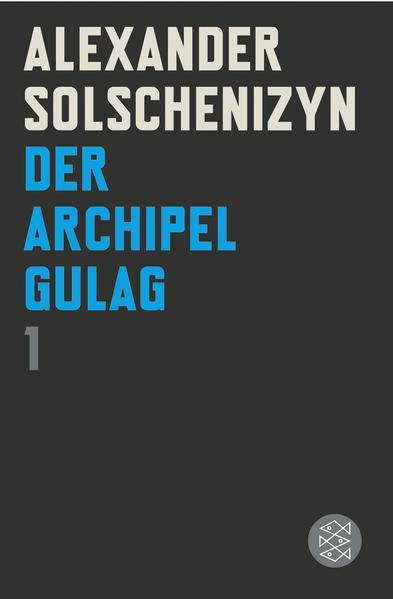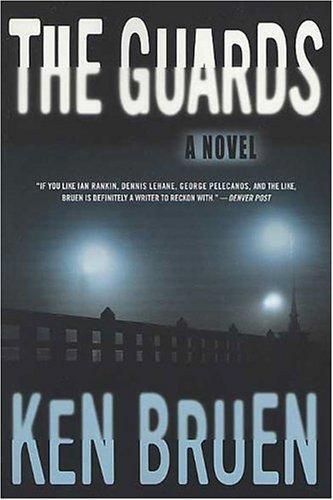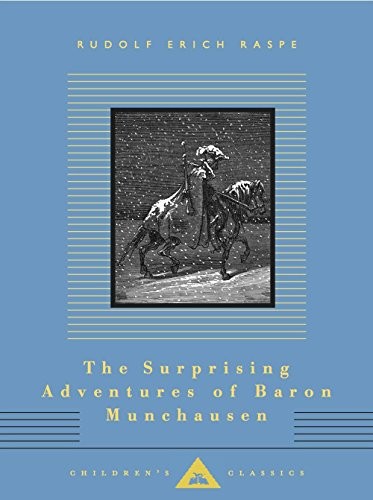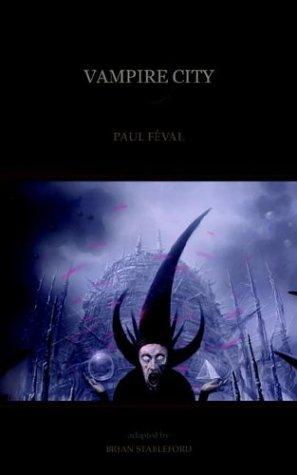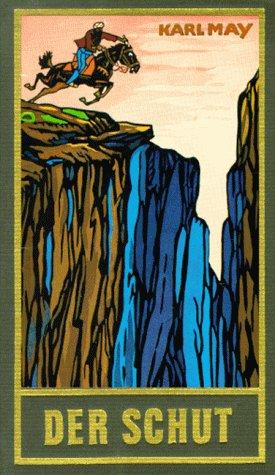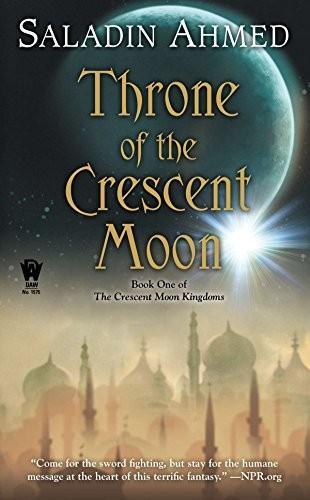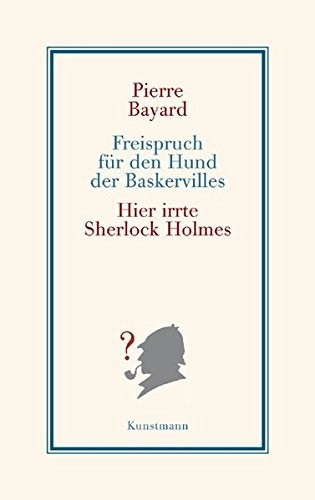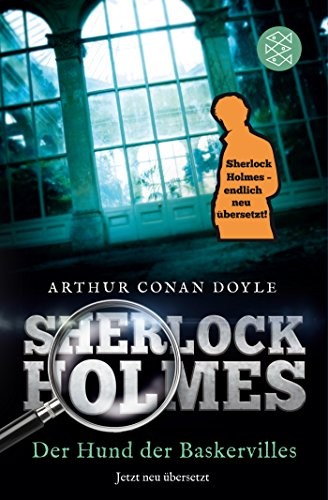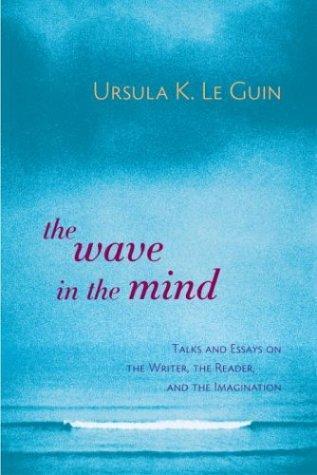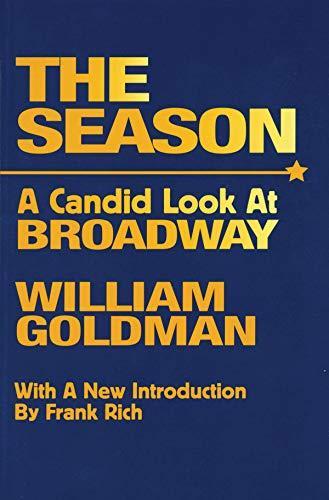Band 1 und Band 3 des Orient-Zyklus haben mir gut gefallen, der Rest weniger. Auch hier wird wieder zu viel geschlichen und belauscht, aber es werden weniger Gefangene befreit (und keine Gruppenmitglieder dabei). Schöne Orte sind der Khan des Schut und vor allem die Köhleranlage. Diesmal tut Kara Ben Nemsi keiner Zufallsbekanntschaft einen Gefallen und wird von dieser später mit einem tollen Tipp belohnt. Die Entlarvung des angesehenen Schut doppelt sich ein wenig mit der des Mübarek in den Bänden zuvor, aber neu immerhin die Situation, dass die Gruppe einen Gefangenen innerhalb einer eher feindlichen Ortschaft hat. Bis auf den unnötigen Anhang relativ wenig plumpes Christentum.
Die drei Sterne gibt es, weil ich als Kind dadurch gelernt habe, was ein Köhler ist, und Phosphor.
Benutzerprofil
This link opens in a pop-up window
Herr Rau's books
Gelesen (View all 576)
Nutzer*innenaktivität
RSS feed Zurück
Review of 'Der Schut' on 'Goodreads'
3 stars
Herr Rau reviewed Throne of the Crescent Moon by Saladin Ahmed
Review of 'Throne of the Crescent Moon' on 'Goodreads'
3 stars
I liked the ending, which was swift and not entirely unexpected - but exciting.
Faily standard and competent fantasy fare, except for one or two things that do make it stand out a bit: middle-aged heroes rather than young folk; and a Middle Eastern flair (though safely generic, not to be identified with any specific religion or place), which I don't read enough of. The verses of in-world poetry dropped here and there sound a bit weak compared to those Middle Eastern poets that I do know, but then again, I really know very little about Middle Eastern poetry.
Review of 'Freispruch für den Hund der Baskervilles' on 'Goodreads'
3 stars
Eigentlich eine schöne Idee für einen 100-Seiten-Essay, leider auf 200 Seiten aufgebläht: Das erste Viertel enthält eine sicher hilfreiche Zusammenfassung des Doyle-Romans, das letzte Viertel enthält das, was der Titel verspricht: Eine alternative Deutung der Handlung.
Dazwischen findet sich wenig Interessantes, das dafür oft wiederholt, und der immer wieder vor sich her getragene Stolz auf die eigene Erfindung der "Kriminalkritik", das Prinzip, Krimis anders zu lesen als vorgesehen - als sei das nicht erstens ohnehin dem Krimi inhärent (denn dort gibt es ja schon traditionell zwei Geschichten, die wirkliche und die dem Leser vorgegaukelte) und zweitens eine über hundert Jahre alte Tradition. 1911 begann Ronald Knox mit "Studies in the Literature of Sherlock Holmes" das, was Holmes-Aficionados "The Game" nennen: Die Werke gegen den Strich lesen, Fehler entdecken. Seit 1946 veröffentlicht das Baker Street Journal Aufsätze dazu, und zu Lücken und Unklarheiten in The Hound of the Baskervilles gibt es …
Eigentlich eine schöne Idee für einen 100-Seiten-Essay, leider auf 200 Seiten aufgebläht: Das erste Viertel enthält eine sicher hilfreiche Zusammenfassung des Doyle-Romans, das letzte Viertel enthält das, was der Titel verspricht: Eine alternative Deutung der Handlung.
Dazwischen findet sich wenig Interessantes, das dafür oft wiederholt, und der immer wieder vor sich her getragene Stolz auf die eigene Erfindung der "Kriminalkritik", das Prinzip, Krimis anders zu lesen als vorgesehen - als sei das nicht erstens ohnehin dem Krimi inhärent (denn dort gibt es ja schon traditionell zwei Geschichten, die wirkliche und die dem Leser vorgegaukelte) und zweitens eine über hundert Jahre alte Tradition. 1911 begann Ronald Knox mit "Studies in the Literature of Sherlock Holmes" das, was Holmes-Aficionados "The Game" nennen: Die Werke gegen den Strich lesen, Fehler entdecken. Seit 1946 veröffentlicht das Baker Street Journal Aufsätze dazu, und zu Lücken und Unklarheiten in The Hound of the Baskervilles gibt es etliche. (Auch außerhalb des Holmes-Kanons oder Krimigenres gibt es viele ähnliche Werke.)
Interessant ist Bayards Beitrag dazu allemal. Aber das Ignorieren jeglicher anderer Beiträge zum Thema stört; die Emporhebung herkömmlicher literaturwissenschaftlicher Gedanken zu etwas Einzigartigem stört. Und wenn Bayard eine Beschreibung der Reichenbachfälle zitiert und danach schreibt: "Ein Ort, der, wie nicht zu übersehen ist, das Bild einer sumpfigen Landschaft heraufbeschwört", dann ist das einfach Käse - mag aber an der Übersetzung liegen; in der englischen steht "drenched landscape", was eher passt, aber so oder so ist der Bezug zum Moor so weit hergeholt, dass man ihn allenfalls mit etwas bescheidenerem Tonfall akzeptieren würde.
Zweieinhalb Sterne, weil an sich gute Idee, nur nervige Ausführung.
Herr Rau reviewed The dispossessed by Ursula K. Le Guin
The Dispossessed (in later printings titled The Dispossessed: An Ambiguous Utopia) is a 1974 utopian …
Review of 'The dispossessed' on 'Goodreads'
4 stars
Quite liked it. As in "The Left Hand of Darkness", an envoy of sorts is sent from one culture to another, but here, both these cultures are discussed, and neither is as alien as the one in Darkness. A kind of anarchist society meets a kind of capitalist society, and both share a common past.
Interesting to note are the alien concepts of physics that are a main plot point; they sound more thought-out than Star Trek technobabble, but still aren't meant to be taken quite seriously. Simply alien/weird. I'm almost as sure that the religious/philosophical (anarchist) theories debated aren't meant to be scrutinized too closely either, that would be Hubbard territory. But they're given a lot of pages, a smidgeon too, I thought.
Well-written, interesting worlds.
Review of 'Sherlock Holmes - Der Hund der Baskervilles' on 'Goodreads'
3 stars
Zum ersten Mal auf Deutsch gelesen, zum ersten Mal eine neuere Übersetzung. Die Übersetzung von "Gipsy" mit "Roma" ist mir arg aufgestoßen, zumal die erwähnten "gipsies" sicher Irish travellers und eben nicht Roma sind. "These magnates" zu "diesen Großkopferten" zu machen, behagt mir nicht, auch wenn es im Zusammenhang ein wenig besser passt als man zuerst meint. "Frankland v. Regina" zum Prozess "Frankland gegen den Staat" werden zu lassen - kann man nicht wenigstens "Krone" sagen? Also: Eine solide, mir etwas zu modernisierte Übersetzung.
Herr Rau reviewed Creeps by Night by Dashiell Hammett
Review of 'Creeps by Night' on 'Goodreads'
3 stars
I read the abridged Four Square/New English Library version with only 10 of the 20 (I think) stories; there is another paperback "The Red Brain" which features the remaining 10 stories (I think).
Herr Rau reviewed Creeps by night by Dashiell Hammett
Review of 'Creeps by night' on 'Goodreads'
3 stars
I read the abridged Four Square/New English Library version with only 10 of the 20 (I think) stories; there is another paperback "The Red Brain" which features the remaining 10 stories (I think).
Herr Rau reviewed Seven Gothic Tales by Isak Dinesen
Review of 'Seven Gothic Tales' on 'Goodreads'
5 stars
Looking through the comments here, I'm certainly not the first to say: I haven't read anything like this. Some people say the stories remind them of Poe; I don't see that at all: These stories are very much like German tales of the early 19th century - E.T.A. Hoffmann, Joseph von Eichendorff. Leisurely told, tales within tales, slightly eerie but not necessarily supernatural, off-kilter, with lots of unanswered questions. All that, but written a hunded years after these stories, with some twists maybe that you wouldn't have back then, although the old stories did get rather weird, too.
You read the stories and ask yourself if you missed anything. Sometimes I did, sometimes I didn't, probably; the read is enjoyable either way. The stories aren't connected, much, but themes and motifs and characters overlap. Tales are set within tales within tales, which might get on people's nerves. Me, I like …
Looking through the comments here, I'm certainly not the first to say: I haven't read anything like this. Some people say the stories remind them of Poe; I don't see that at all: These stories are very much like German tales of the early 19th century - E.T.A. Hoffmann, Joseph von Eichendorff. Leisurely told, tales within tales, slightly eerie but not necessarily supernatural, off-kilter, with lots of unanswered questions. All that, but written a hunded years after these stories, with some twists maybe that you wouldn't have back then, although the old stories did get rather weird, too.
You read the stories and ask yourself if you missed anything. Sometimes I did, sometimes I didn't, probably; the read is enjoyable either way. The stories aren't connected, much, but themes and motifs and characters overlap. Tales are set within tales within tales, which might get on people's nerves. Me, I like that.
Full review, in German:
https://www.herr-rau.de/wordpress/2019/02/isak-dinesen-seven-gothic-tales.htm
Herr Rau reviewed The wave in the mind by Ursula K. Le Guin
Herr Rau rated The season: 4 stars
Herr Rau rated Hen's teeth and horse's toes: 4 stars

Stephen Jay Gould: Hen's teeth and horse's toes (1990, Penguin)
Hen's teeth and horse's toes by Stephen Jay Gould (Penguin science)
Une compilation de trente essais parus pour la plupart dans ##Natural history magazine## et articulés autour de la théorie de …
Herr Rau reviewed Homer's daughter. by Robert Graves
Review of "Homer's daughter." on 'Goodreads'
5 stars
I enjoyed that very much. Graves tells the story of how the Odyssey that we have come to know came into being: Nausicaa, a Sicilian princess, wrote it, inspired by real events surrounding her family and their little kingdom. Part of the fun is in comparing the real (our) Odyssey with the fictitious story (hers) - and in that Graves thought it quite probable that this is how the Odyssey actually came to be written, which would make the fictitious story the real one. - The language is quite modern, not very epic at all, but naturally includes lots of references to ancient myths and local history and customs, so yes, it requires a willing reader.
- Longer blog entry, in German: www.herr-rau.de/wordpress/2019/01/robert-graves-homers-daughter-1955.htm
Herr Rau rated My Name Is Lucy Barton: 3 stars
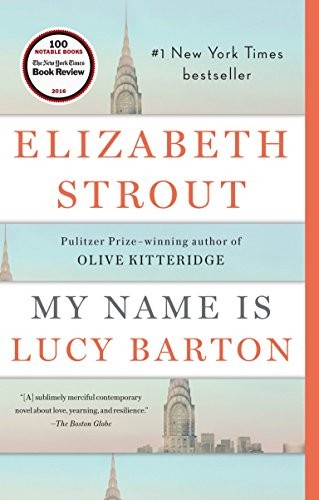
My Name Is Lucy Barton by Elizabeth Strout
"Lucy Barton is recovering slowly from what should have been a simple operation. Her mother, to whom she hasn't spoken …
